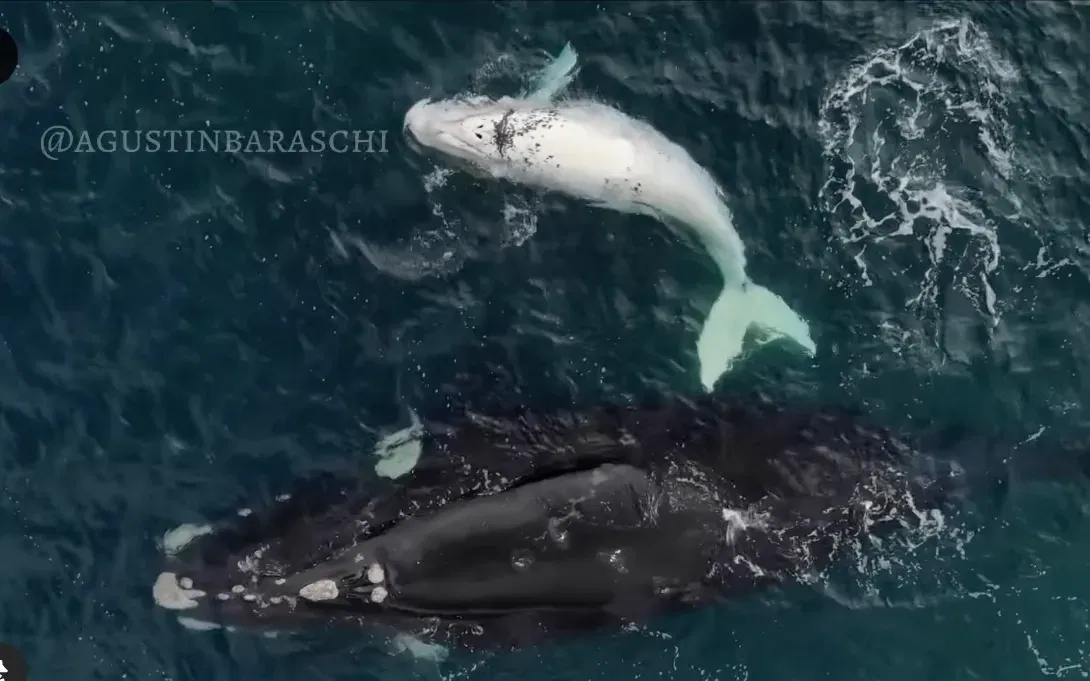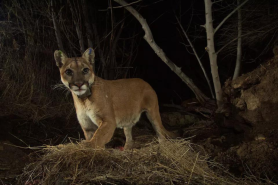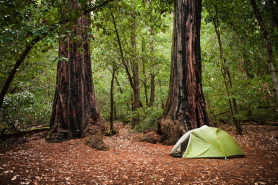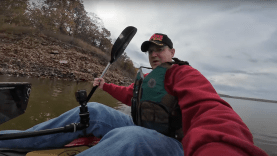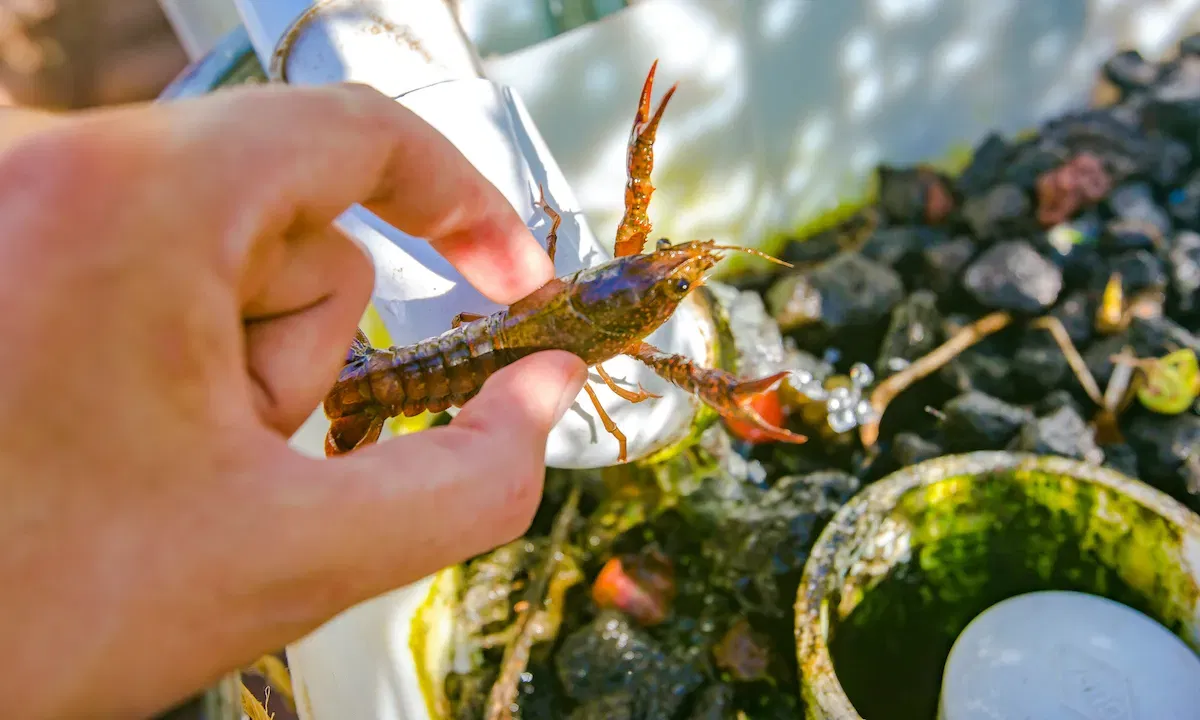

Joe Redfern has spent the last few weeks caring for about 100,000 tiny lobsters. Each crustacean is about the size of a thumbnail and has its own little plastic corral. That’s not to give them their privacy, though; it’s to keep all the toddling youngsters from eating each other.
Preventing a little innocent cannibalism is just one of the hurdles facing Redfern’s latest project. The manager of a nonprofit lobster hatchery, his goal is to raise as many baby lobsters as possible. He’ll then release them into the waters surrounding Whitby, a coastal town in Northern England. With any luck, the release will help boost faltering local lobster populations—and save locals’ way of life.
Catastrophic lobster collapse
Think of Whitby as the Maine of the UK: Most of the town’s economy comes from shellfish and lobster fishing. Or, at least, it did until the fishery collapsed in 2021. Biologists aren’t 100% sure what caused the collapse. Popular theories include disease, unregulated overfishing and climate change. Regardless of the cause, the town is struggling with the same outcome: decimated lobster populations and serious job loss.
Once a lobster fisherman himself, Redfern shifted careers from fishing to marine biology a few years ago. After watching the fishery collapse, he knew he had to be part of the solution. Hence the crustacean-babysitting gig.
How the project works
Most lobsters die when they’re very young. In the weeks after birth, they’re tiny and vulnerable, and fish and other predators eagerly gobble them up. To help them past that stage, Redfern’s team decided to launch a lobster daycare.
First, they rounded up a bunch of pregnant female lobsters, collected their eggs, and then hand-reared the babies in a safe environment. Within the next few months, they plan to release around 100,000 juvenile lobsters into the ocean where they’ll have a better chance of surviving to adulthood.
So far, the project has generated quite a bit of attention, most likely because baby lobsters are adorable. If you want to get involved on a more personal level, you, too, can sponsor a lobster. You’ll get to name it and then follow its progress until it’s released into the ocean. Learn more at whitbylobsterhatchery.co.uk

